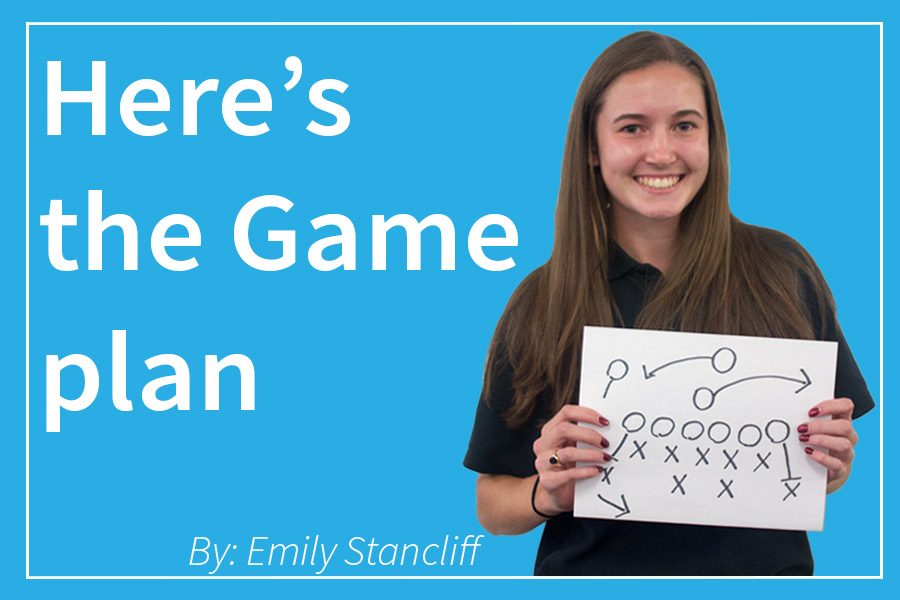Here’s the Game Plan: Faster on empty?
Sports Editor Emily Stancliff is an athlete with a mission: to inform you, the sports community, about your bad habits. “Here’s the Game Plan” will give readers advice about everything and anything, ranging from fuel food to keeping your “cool” during a rough game.
During the Lenten season, we are all encouraged to fast to bring ourselves closer to God, but there are several key issues with fasting for athletes. While some may feel that they have a heightened sense of energy or feel they can burn calories more easily, fasting is a dangerous mix with intense workouts. If you feel an obligation to fast, however, there are some ways to make fasting safer.
There are two common ways that one can go about fasting. There are full day fasts and daily fasts, which are differentiated by their length of time and allowed snacking periods. Full day fasts are self-explanatory, taking place over 24 hours, while daily fasts are most commonly 16 hour fasts with eight-hour eating windows.
While there is some evidence to support the benefits of both kinds of fasting, neither are recommended for athletes, which is why several rules must be followed. Rule number one is to prepare ahead of time. As every athlete knows, “carbing up” the night before a big game is beneficial, but with longer forms of fasting, you need to build up to the fast.
To ensure a safe transition, you should start by limiting your meal content. By focusing on eating small meals, working your way down from proteins to carbs to fruit, you can make an easier transition into your fasting stage.
Rule number two is to keep your exercise light, but stay occupied. You will find that your attention will be hyper-focused, but your job throughout the day is to keep your mind busy. Trapped in school, it might be of some interest to pay attention in class, keep your hands moving, or do something productive. If you are at home, then taking your dog for a walk, taking a nap, or watching a movie or TV show could be of some help.
Rule number three is to always be aware of what you are doing on your day of fasting. If you have a game, you are going to need some kind of calorie intake since the nature of the activity is more intense. Eating small snacks with high sugar content will be essential before, during, and after your game.
Lastly, you should always remember that coming out of your fast should be similar to a cool down lap at the end of practice. You are trying to ease our way back into our normal eating patterns. Something light, like a salad or crackers, cheese, and fruit are great options.
Emily Stancliff is a Sports Editor for The Patriot and jcpatriot.com.



